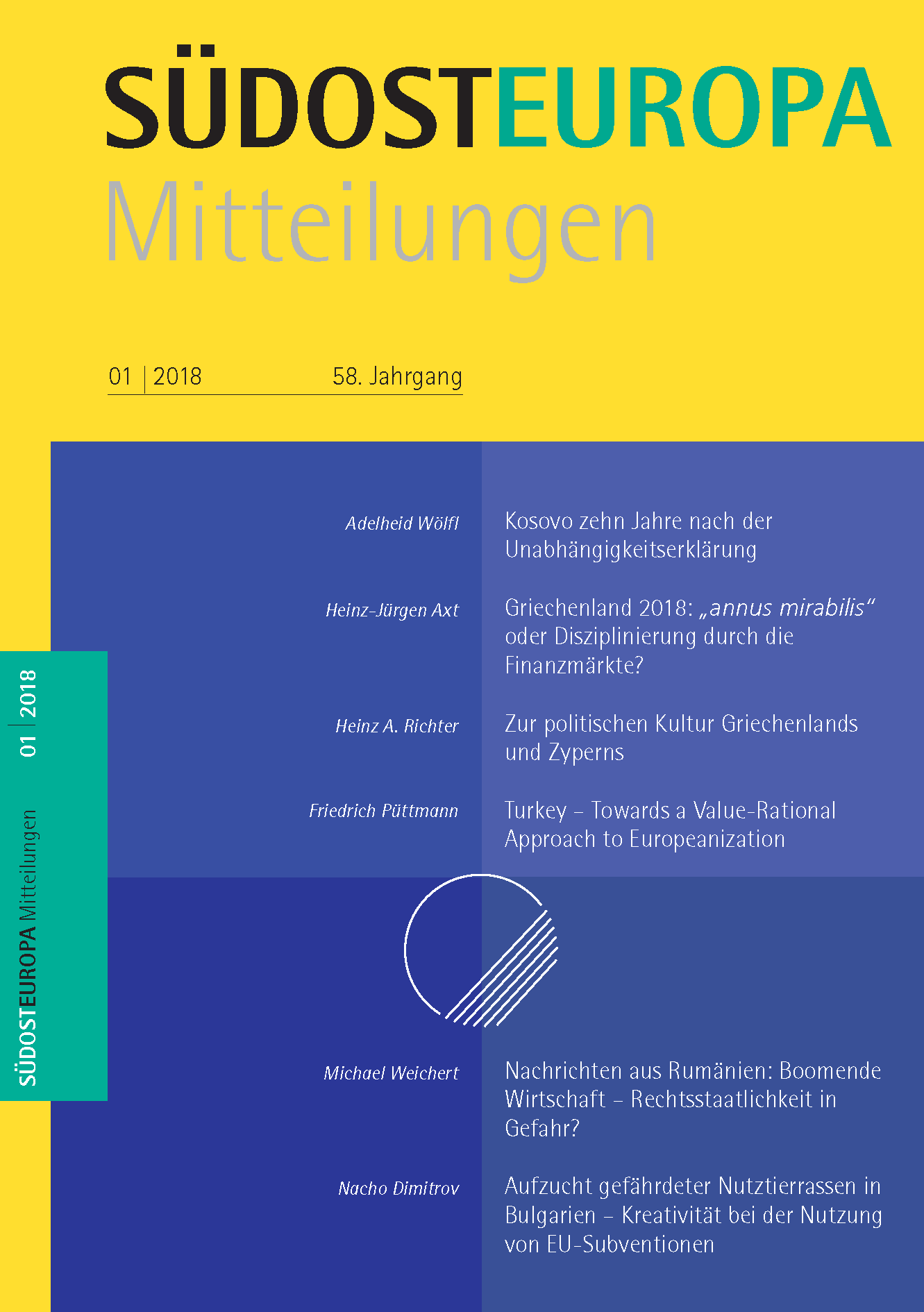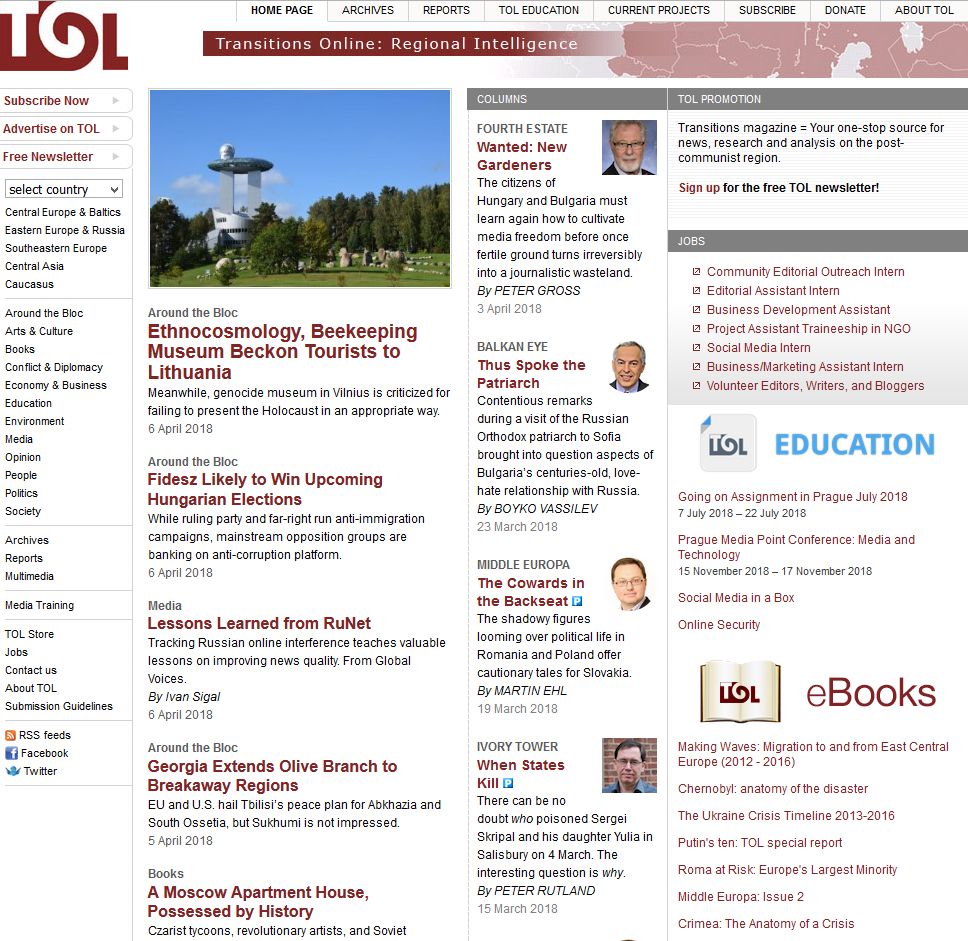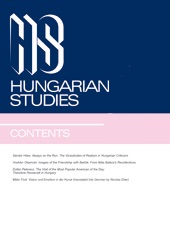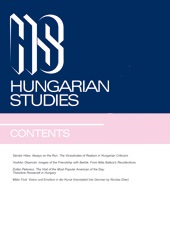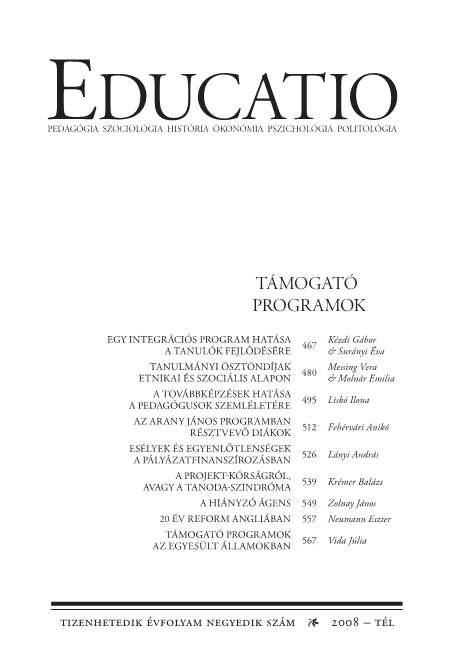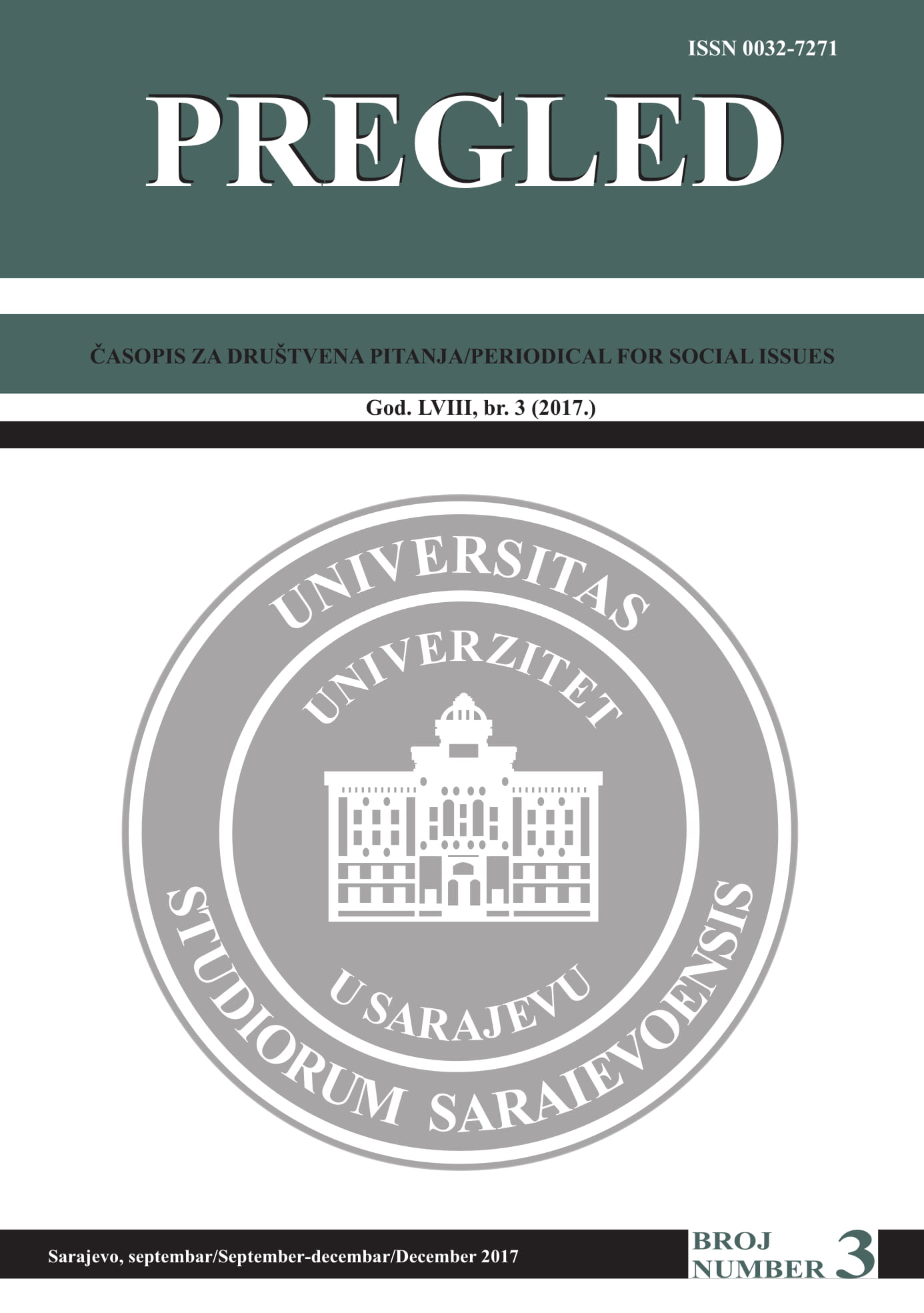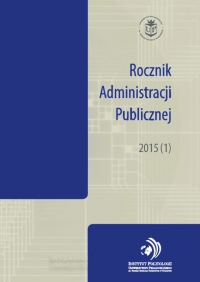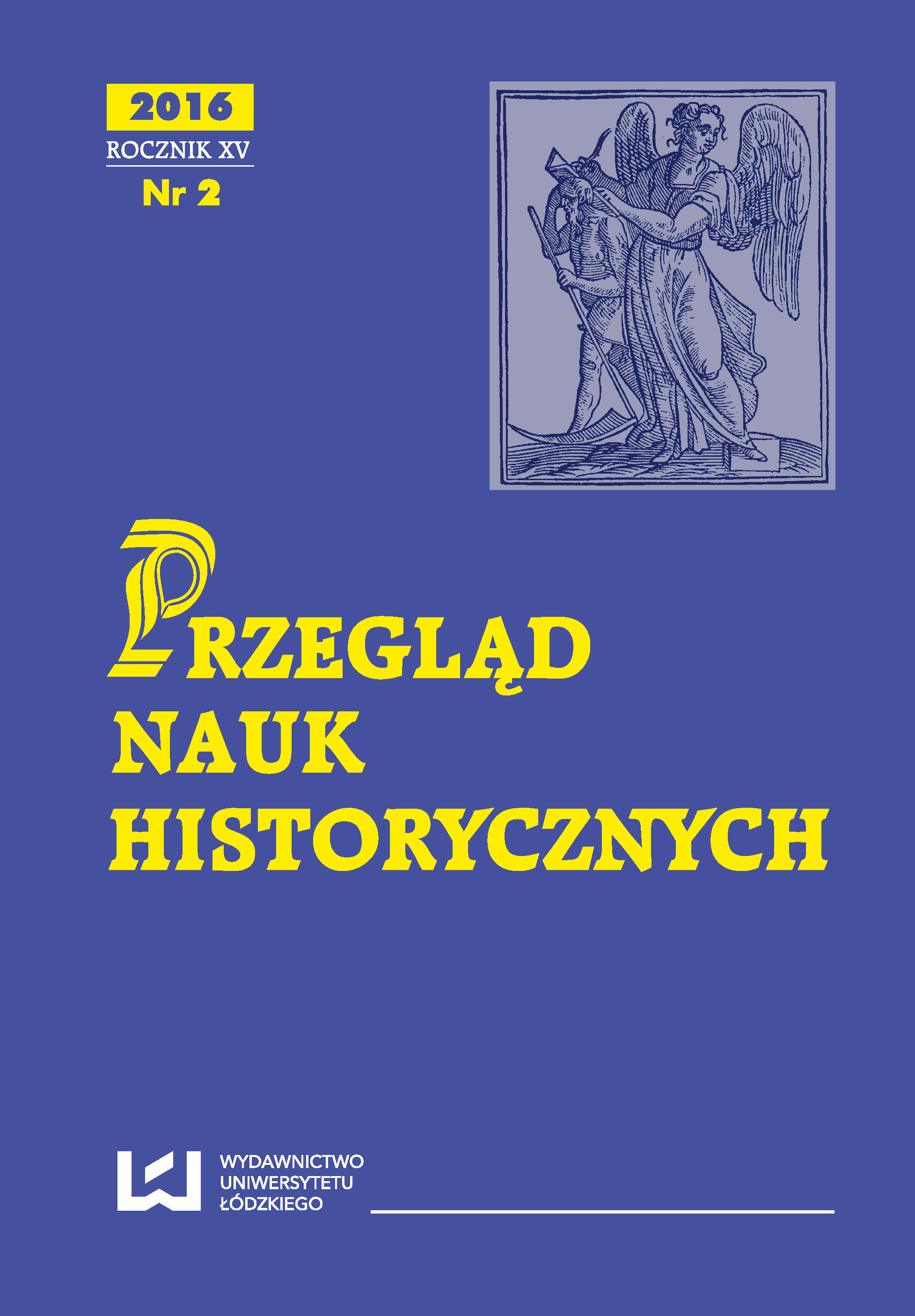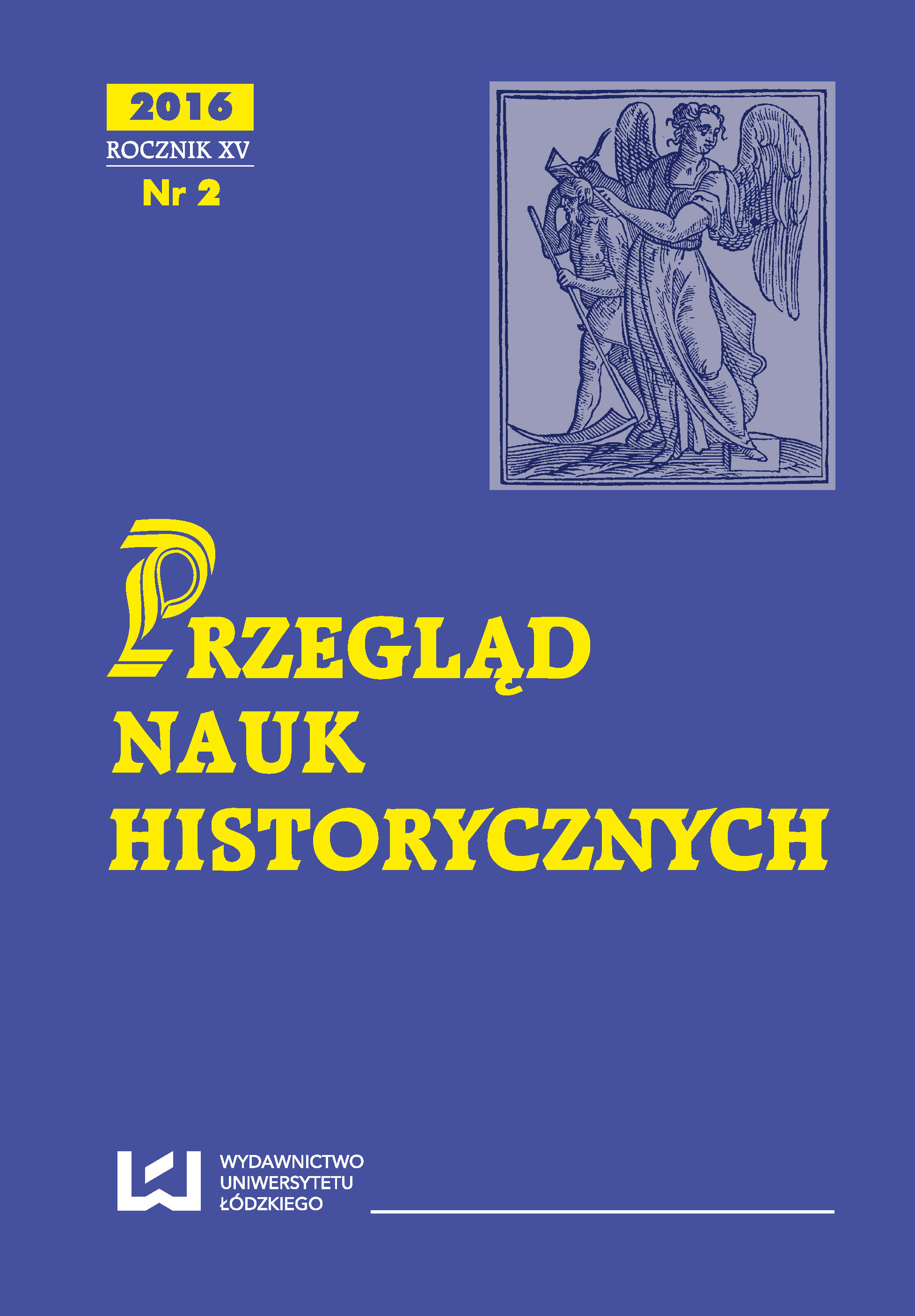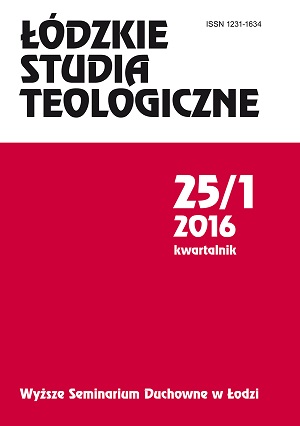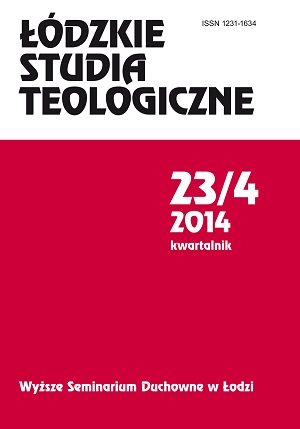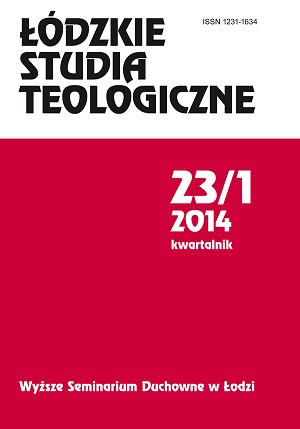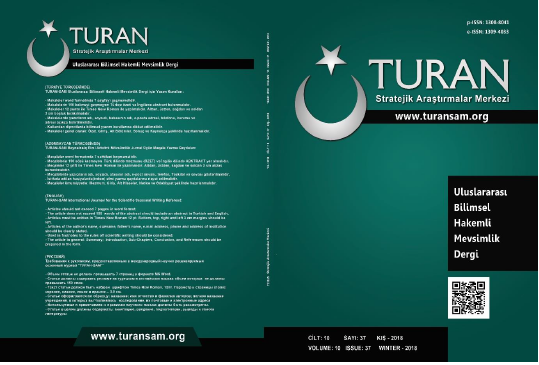
TÜRKİYE’DEKİ GÖÇMENLERE YÖNELİK SOSYAL POLİTİKALARIN İNCELENMESİ
International migration is the international movement of people into a destination country of which they are not natives or where they do not possess citizenship in order to settle or reside there. Individuals immigrate forced or voluntary, they migrate from one place to another throughout their lives. Voluntary migrations are often caused by reasons such as education, job change, employment or marriage. The reasons for forced migration are internal confusion, various oppressive practices, terrorism or war. This study aimed to investigate social policies of the forced immigrants and proposed some suggestions. For this reason, statistics, reports and publications of various institutions were used. In this study, education, healthcare and other relevant problems of the immigrant who were examined in the social policy framework by using the literature review method.
More...
